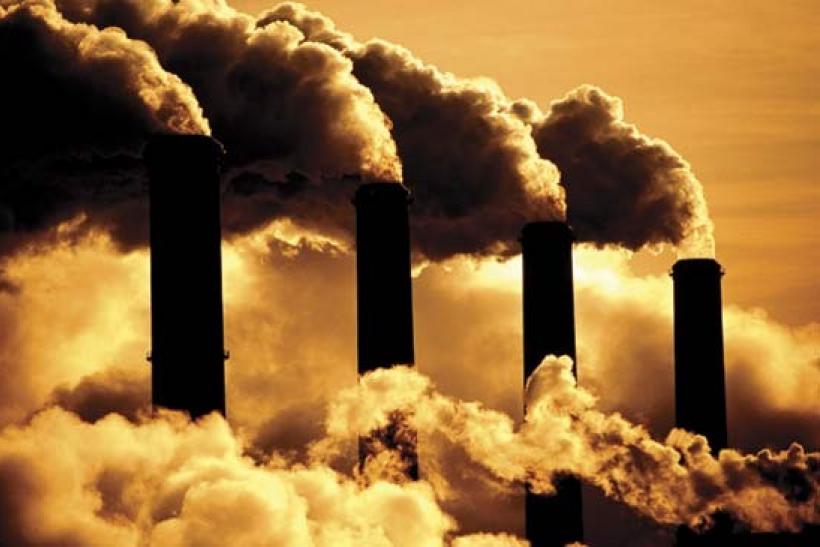Global carbon dioxide emission on the rise – report


By Fauxile Kibet
Global carbon emissions rose higher in 2017, compared to previous years according to this year’s Renewables 2018 Global Status Report (GSR).
Renewable power accounted for 70% of net additions to global power generating capacity in 2017. The increase in power generated necessitated by the robust global economic growth (of 3.7%) was also the cause of increased carbon dioxide emission – which rose by 1.4%.
“This year’s Renewables 2018 Global Status Report (GSR) reveals two realities: one in which a revolution in the power sector is driving rapid change towards a renewable energy future, and another in which the overall transition is not advancing with the speed needed.”
The report observes that while momentum in the power sector is positive, it will not on its own deliver the emissions reductions demanded by the Paris climate agreement or the aspirations of Sustainable Development Goal 7.
However the heating, cooling and transport sectors, which together account for about 80% of global total final energy demand were noted to be lagging behind.
But it also observed that there was an all time increase in renewable power generation capacity – with an estimated 178 gigawatts being added globally.
“New solar photovoltaic generating capacity alone was greater than additions in coal, natural gas and nuclear power combined,” reads the report.
Developing countries
While China, Europe and the United States accounted for nearly 75% of the global investment in renewable power and fuels, the 2017 period saw significant investment in developing country markets.
“When measured per unit of gross domestic product, the Marshall Islands, Rwanda, the Solomon Islands, Guinea-Bissau and many other developing countries are investing as much as or more in renewables than developed and emerging economies,” observes the report.
Burkina Faso, Egypt, Ghana and Namibia were ranked high among African countries, which have adopted corporate sourcing of renewable power – which initially was viewed by companies as an act of social responsibility.
“As this year’s report shows, corporate renewable energy sourcing has moved beyond the United States and Europe and is now found in countries such as Burkina Faso, Chile, China, Egypt, Ghana, India, Japan, Mexico, Namibia and Thailand.”
The report comes as African nations are being challenged to diversify energy supply, particularly countries which heavily rely on hydropower.
Frequent severe droughts affecting the region have had a great impact not only on food security but also hydropower energy supply.
Hydropower stations in most countries in the region face a risk due to the impacts of climate change.
According to George Njenga, a power expert within the sub-Saharan region, low rainfall in the region, where electricity generation is mainly hydroelectric and geothermal have seen the use of diesel – which is costly and harmful to the environment.
“You need a mix that allows you to mitigate these types of energy related issues,” he argues.